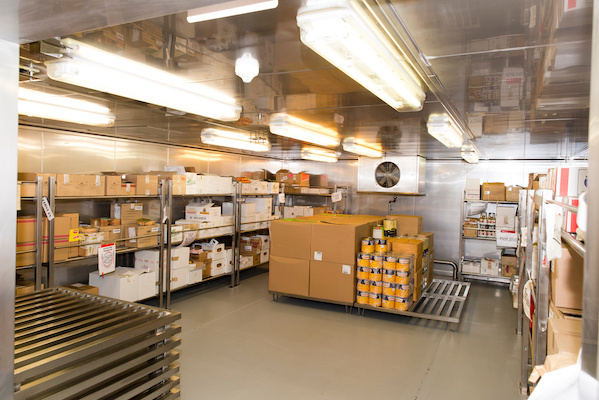In this final chapter (for now) on managing through supply chain challenges, HOTELS asks its panel of experts about the future, their biggest takeaways and whether or not they can find the silver lining in this predicament.
Here, HOTELS talked to Carl Long, senior vice president, Purchasing Management International, Dallas, Texas; Chip McIntyre, senior vice president of Strategic Sourcing and Procurement, Avendra Group, Rockville, Maryland; Jerry Zeitner, COO, The Gettys Group Companies, Chicago; as well as Shahid Javed, vice president and chief procurement officer for Aimbridge Hospitality, Plano, Texas.
To review Part 1 on the impact click here; and for Part 2 on practical solutions click here.
HOTELS: When will the supply chain disruption end?
Carl Long: We are already seeing the end. Vendors are able to plan with a reasonable confidence because the development, design, construction and purchasing activities are picking up.
Jerry Zeitner: My crystal ball is still murky on this answer. I think we still have some time to go before we see any normalization between the demand for goods and the availability of shipping. The industry will continue to adapt. However, I don’t think we will see a return to pre-pandemic freight pricing for quite some time.

H: Biggest learns?
Long: In the post shutdown environment, things take longer. Project planning, project purchasing, delivery coordination and installation all take longer because of product and labor availability. In order to have a successful project, we encourage owners to start early, assemble a team of qualified professionals of hospitality designers, contractors, purchasing agents, and project managers.
Chip McIntyre: Pre-pandemic, the supply chain was quite optimized, and we probably took that for granted. Product was manufactured, transported and available 99%-plus of the time. COVID and its challenges have shown how tightly ‘wired’ the supply chain was and how a few bottlenecks can have material effects throughout the supply chain.
Zeitner: Just a good reminder that every time you think you have seen it all, you are reminded how quickly things can change. I have been in the hospitality business for over 30 years and never seen the current challenges we are all experiencing in freight movement.
H: Any silver linings?
Long: The willingness of owners to look at a total delivered cost rather than just the initial purchase price of an item has increased. Because the supply chain was so overwhelmed, owners were willing to look at options they had previously considered too expensive. This has opened the door for manufacturers to creatively propose solutions to problems created by shipping bottlenecks. We have found that some of those solutions will continue to be beneficial even after the shipping challenges subside.
McIntyre: Decision-making across the supply chain has become much quicker and more agile. Decisions that may have required a few weeks of deliberation now need to be made in just a few hours to help customers.
We (Avendra, our suppliers, our customers) have learned to engage and get the work done while working remotely. We look forward to meeting in-person, but it is nice to have the engagement that Zoom or Teams calls brings.
Zeitner: Every experience is a learning opportunity. How we have navigated this challenge will make us better at problem solving and communication in the future.
Slaw: Nope! I’m curious to hear how manufacturers respond to this. For example, since we’re seeing many vendors open manufacturing plants in new locations, are they finding that diversification a good long-term business strategy?
Shahid Javed: Supply chain challenges have brought ownership groups, hotel brands and operators closer and has enabled even better coordination.

H: Any final comments?
Long: The supply chain issue has put a severe strain on the hospitality project industry. The supply chain disruption highlighted a lack of project expertise. Over the last decade talented designers, purchasing agents, and project managers have left the hospitality industry for other industries. Just like in operations, the project side of the hospitality industry is playing catchup on developing new talented leaders.
Owners and operators also need to be very careful about their vendors. Hotel companies had a year and a half of severely depressed occupancy and rate and have had to make severe cuts in order to survive. The vendors are still in financial trouble because project volume and orders are lagging behind the return of guest travel. Vendors that are heavily reliant on the hospitality industry still have not recovered are pose a risk financially.
Zeitner: Our industry is really a just-in-time industry. Even ‘standard’ products are not just sitting on a shelf somewhere, but need to be produced, shipped, warehoused, installed, etc. Everything along this journey has a major impact on a project.

